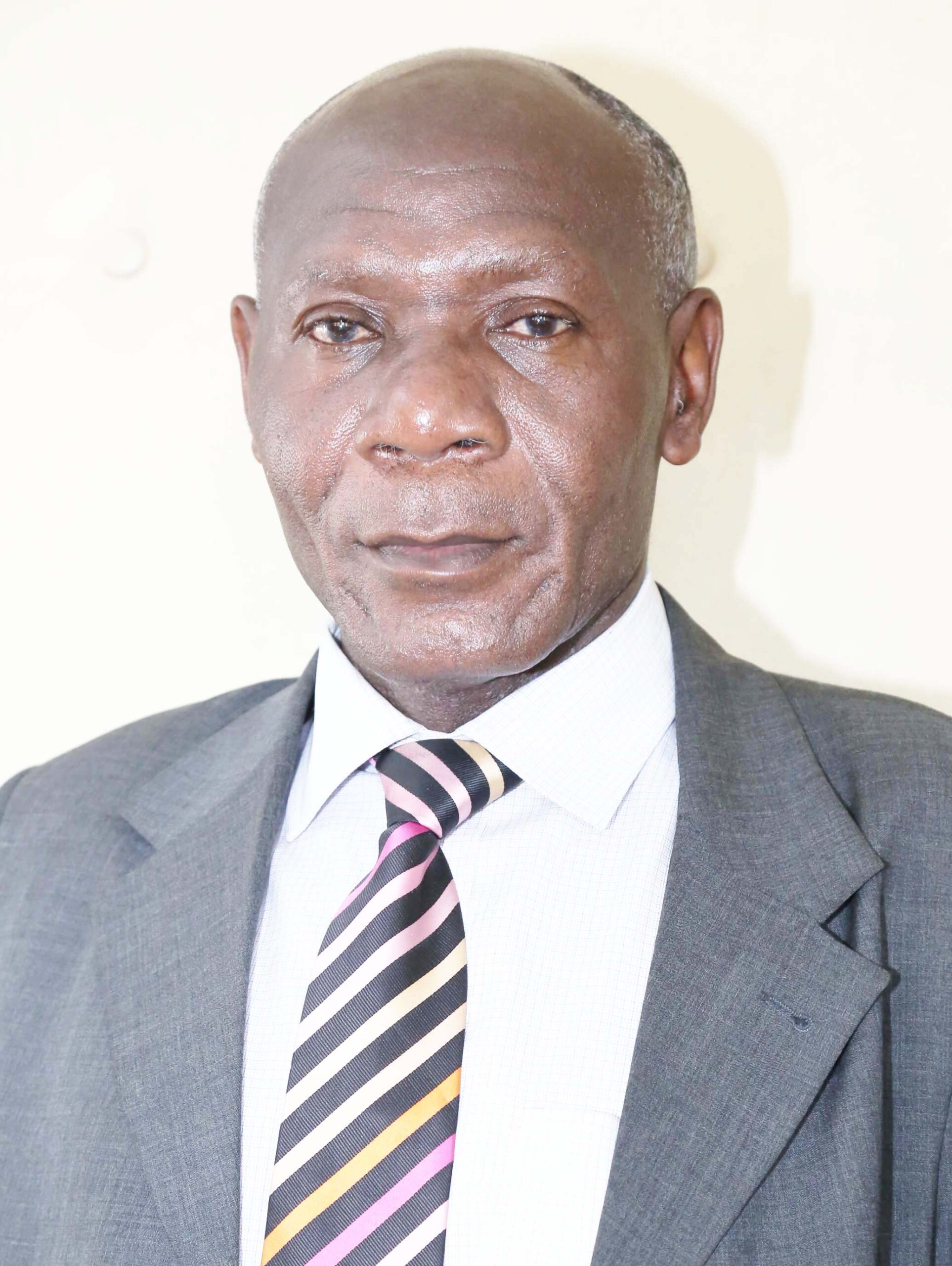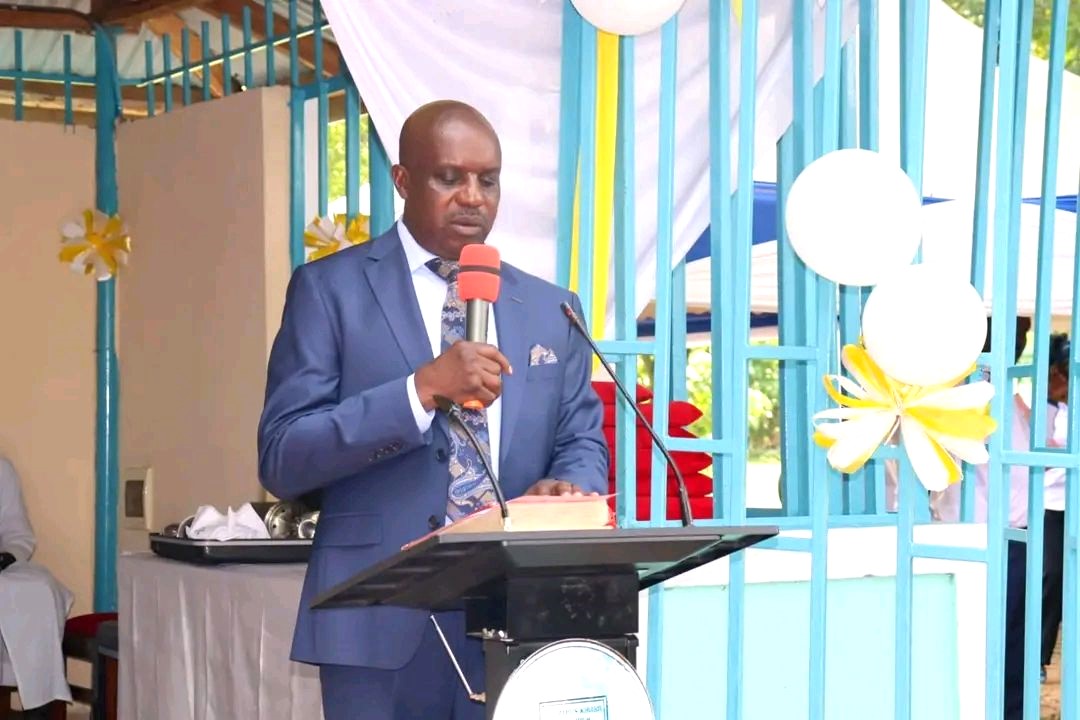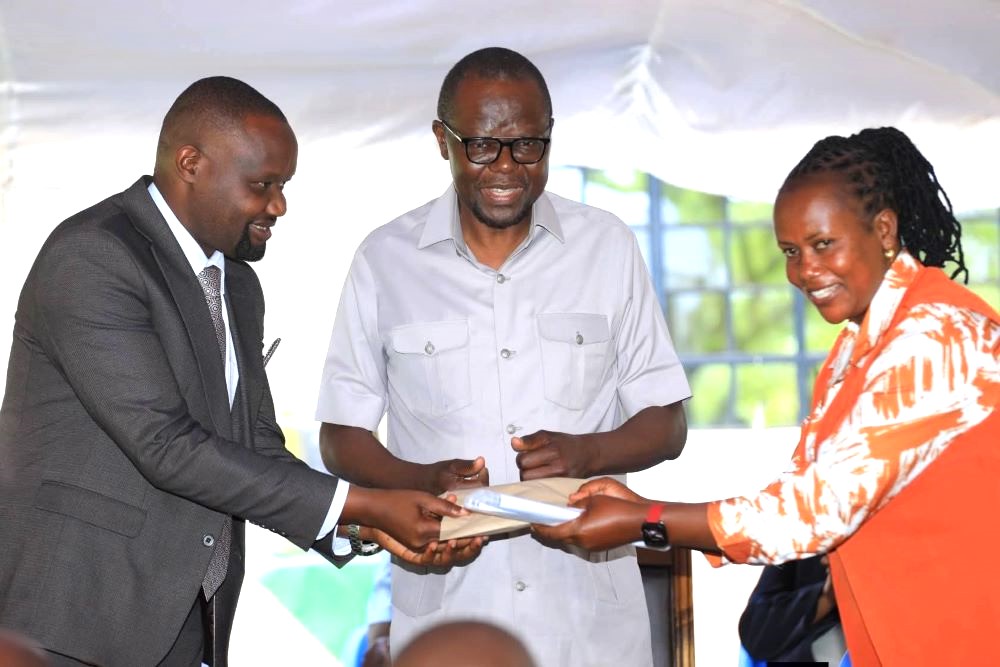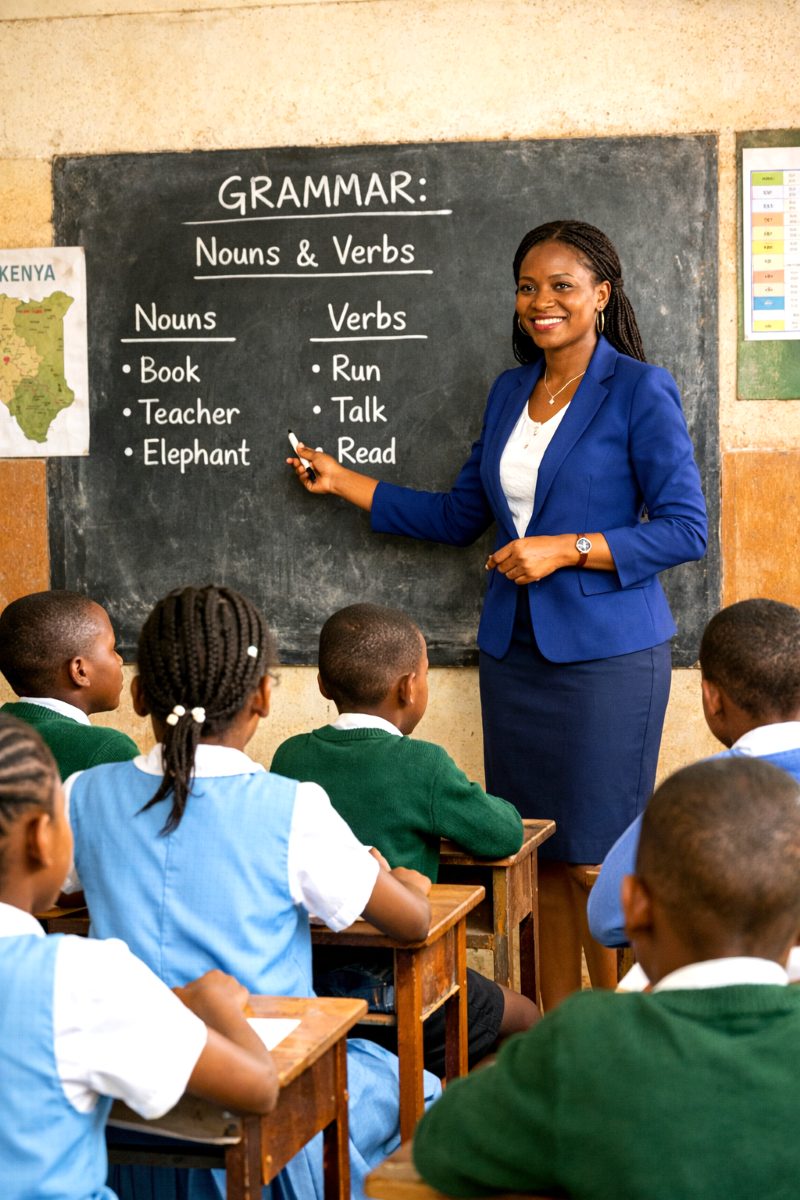Literature scholar Prof. Egara Kabaji expressed concern that students who sit for Literature for the Kenya Certificate Secondary of Examinations (KCSE) are forced to answer questions centered on literary devices and not to demonstrate their creativity.
In an article in the Standard October, 18, 2025, Literature: teach learners to create art not just to reproduce, Kabaji observed: “Nowhere in these examinations are the students invited to create, to imagine, to write a poem, to write as story, or a dramatic monologue inspired by what they read.”
Instead, the examinations ask them to identify certain things called themes, stylistic devices and authorial intention.
“They will write essays explaining irony, symbolism, satire and other literary devices,” Kabaji further noted.
In some respects, I agree with Professor Kabaji and my friend and contemporary in schooling. A little over ten years ago, literature questions in KCSE have been excessively formalistic.
In literature literary devices refers to methods authors use to enhance their writing and convey a message or emotion in a more captivating way.
Although critical, form or literary devices are not the essence of literature—be it as a school subject or for those who read literary works long after formal schooling. Curriculum planners have broader aims for the inclusion of literature in the school system.
A Harvard report, General Education in a Free Society noted in a chapter entitled Areas of General Education in the Secondary schools: “Satisfactory exploration of literary terminology is so difficult that it should be postponed to the college.”
ALSO READ:
Addressing the growing challenge of indiscipline among JSS learners
Inviting KCSE students to tackle examinations in Literature on the technical aspects of literature, which Harvard Report called ‘literary terminology’, is to deny the learners chance to read, learn and enjoy the insights that the authors of the set books have immortalized in their respective works.
There are many other ways of approaching or interacting with a work of art or set books other than the stylistic or formalistic one which Kabaji complained about.
Behind these approaches are great literary theorists and critics. Classical literary theorists and critics for example, approached works of literature from either a philosophical or moral perspective. Plato, Aristotle, Horace, Mathew Arnold and others belong to this group.
In retrospect, however, three of the greatest teachers of literature I ever had approached literature from this perspective. The late Okia Oriang at Kivaywa secondary school, the late James Khabongo at Kakamega High School and Prof. Henry Indangasi approached the teaching of literature with the spirit of the classical literary theorist and critics.
I believe that they gave me the intellectual furniture and discipline with which I have approached the reading of literary works since I left formal study of literature. I believe that I acquired from their approach several skills: conceptual and critical thinking, communication and writing skills and empathy—the ability to share someone else’s feelings or experiences by imagining what it would be like to be in that person’s situation.
I am not saying that my teachers optimally developed in us, the innate power of effective teaching of literature detonates in students. I am saying that what skills and aesthetic judgements I have to this effect are traceable to these three gentlemen.
ALSO READ:
There are other literary theorists and critics. There are for instance, Marxist, feminist and psychoanalytic literary theorists and critics, and the reader-response literary theorist and critics. This is not the place to delve into each of them. Nearly all are valid. However, some are far too advanced to be introduced to students in basic education institutions.
However, I have three points of corrections in my Prof. Kabaji’s argument.
First, literary criticism is not a colonial legacy. Literary criticism is a handmaid to literature. It serves or assists in understanding or accessing literary texts.
In the final analysis, criticism is not the enemy of art but rather its handmaiden, a helper. In fact, it was Mathew Arnold, an English essayist and critic who observed that literary criticism is “a disinterested endeavour to learn and propagate the best that is known and thought in the world.”
The prevalence of questions in literature in KCSE with literary devices has nothing whatsoever to do with colonial legacy. Cambridge Examinations on Literature were more informed by the traditional—the moral-philosophical—approach to literature than what I have seen in KCSE for the last 15 or so years.
Africa’s greatest writers went had their education during the colonial era. Ngugi wa Thiong’o, Grace Ogot, Chinua Achebe, Elechi Amandi, Leopold Senghor, Camara Laye, Julius Nyerere had their education during that period. The education they had developed the innate abilities they had—critical and analytical thinking and creative and imaginative thinking we associate them with.
Suffice it to say that an authentic study of works of art has the capacity to spawn men and women who cannot just think critically, but who can deeply and ethically.
Interpretation of texts, be they works of art or otherwise require the highest level of critical thinking and creativity. Ask the lawyers.
Ability to interpret is the foundation of critical and creative thinking. You cannot solve a problem or analyse what you have not understood without interpreting it. Ultimately, understanding, any understanding of a phenomenon, is a product of interpretation.
The intellectual furniture and heritage that makes the stuff of literature is a microcosm or miniature of the real world. The high-level thinking required in decision-making is nothing but application of the thinking—critical, analytical, and creative and imaginative thinking—from attentive reading of great books of literature—fictional and nonfictional.
The kind of examinations Prof. Kabaji wants KNEC to set for Literature students like being invited to provide an alternative ending to Father of Nations, or to compose a monologue to test creativity is, with the greatest possible respect, outside the purview of literature. I think the monologue aspect belongs to Theatre Arts at the University. Not in Literature per see.
ALSO READ:
The study of literature is founded on literary criticism. Literary criticism has two facets, according to Charles E. Bressler.
In his book, Literary Criticism, an Introduction to theory and Practice, Bressler says that theoretical criticism formulates the theories, principles, and tenets of the nature and value of literature while practical criticism applies theories and tenets of t theoretical criticism to particular work.
Literary criticism concerns itself with things intrinsic in the text or, like some literary theories, seeks for information or knowledge of certain facts outside the text to fully appreciate or interpret the text. By outside, they go for certain things like the biographical information of the author or the socioeconomic circumstances that informed or is supposed to have informed the text. Or what they call the setting in literature.
The English/Literature syllabus in KCSE provides for creative writing in a whole Paper—Paper II. The students are invited to exercise or demonstrate their creative powers by writing original compositions on a topic. Here, the highest possible levels of creativity and imagination is called for here—though the same is needed in answering essays as opposed to context questions in literature Paper.
The framers of the English/Literature Curriculum have given pride of place for Creative writing in the syllabus. It has a whooping 40 marks allocated to creative writing.
The students who have read widely, are almost always the ones who are also good at interpreting set books. What the authors mean, what motivates this character or that character to do or refrain from doing this and the implications on the multiple relationships that exist between the dominant personality and the others. These are the students who also give you well written compositions.
What perhaps I could suggest is that schools of education include a programme to especially teach prospective teachers of English/literature the composition writing so better prepare them to teach composition writing in secondary schools.
The study of English as a language and Literature does not properly prepare anybody to systematically teach composition or creative writing in primary and secondary schools.
This is a subject for a later day.
You can also follow our social media pages on Twitter: Education News KE and Facebook: Education News Newspaper for timely updates.
>>> Click here to stay up-to-date with trending regional stories
>>> Click here to read more informed opinions on the country’s education landscape






